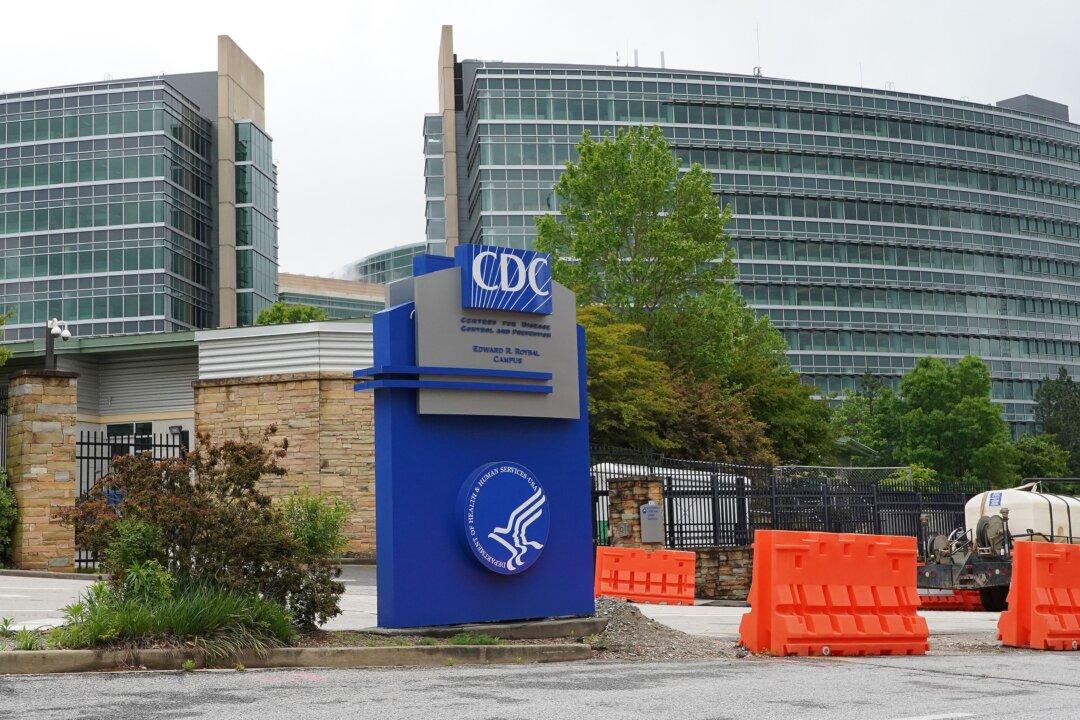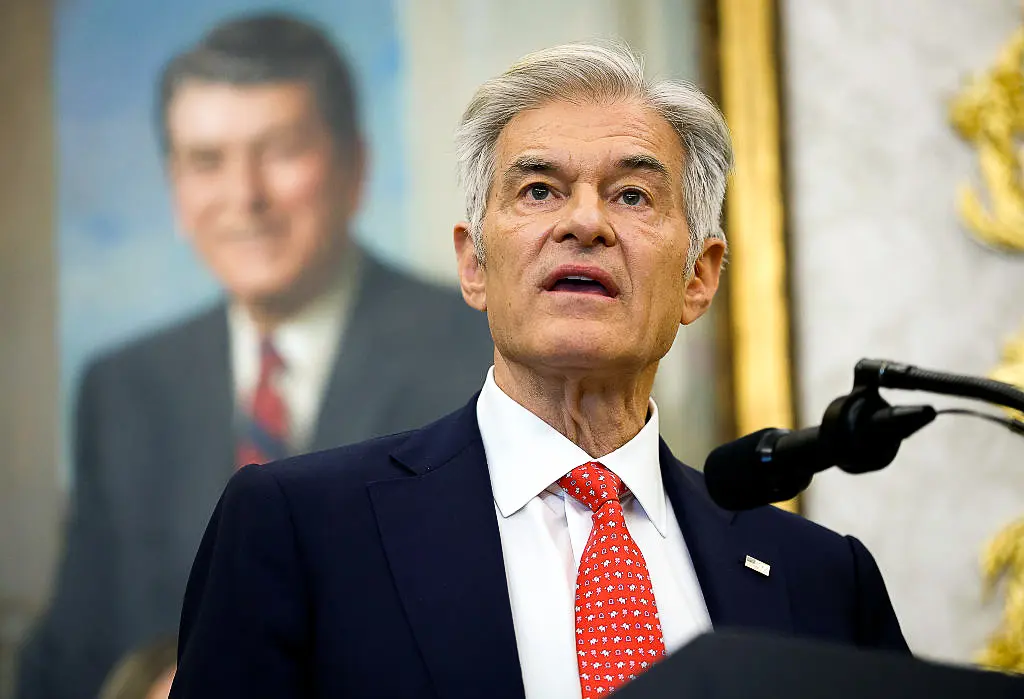The Centers for Disease Control and Prevention (CDC) issued new guidance to people with weak immune systems, saying they should take extra precautions after a key COVID-19 antibody treatment’s emergency use authorization was pulled by another federal agency.
The guidance again calls for immunocompromised individuals to wear masks and engage in social distancing, the CDC’s revised guidance says, despite CDC-cited studies and data suggesting that masks provide little effectiveness in blocking the transmission of COVID-19. Some former federal officials have said that the six-foot social distancing rule adopted around the United States in early 2020 was arbitrary.





